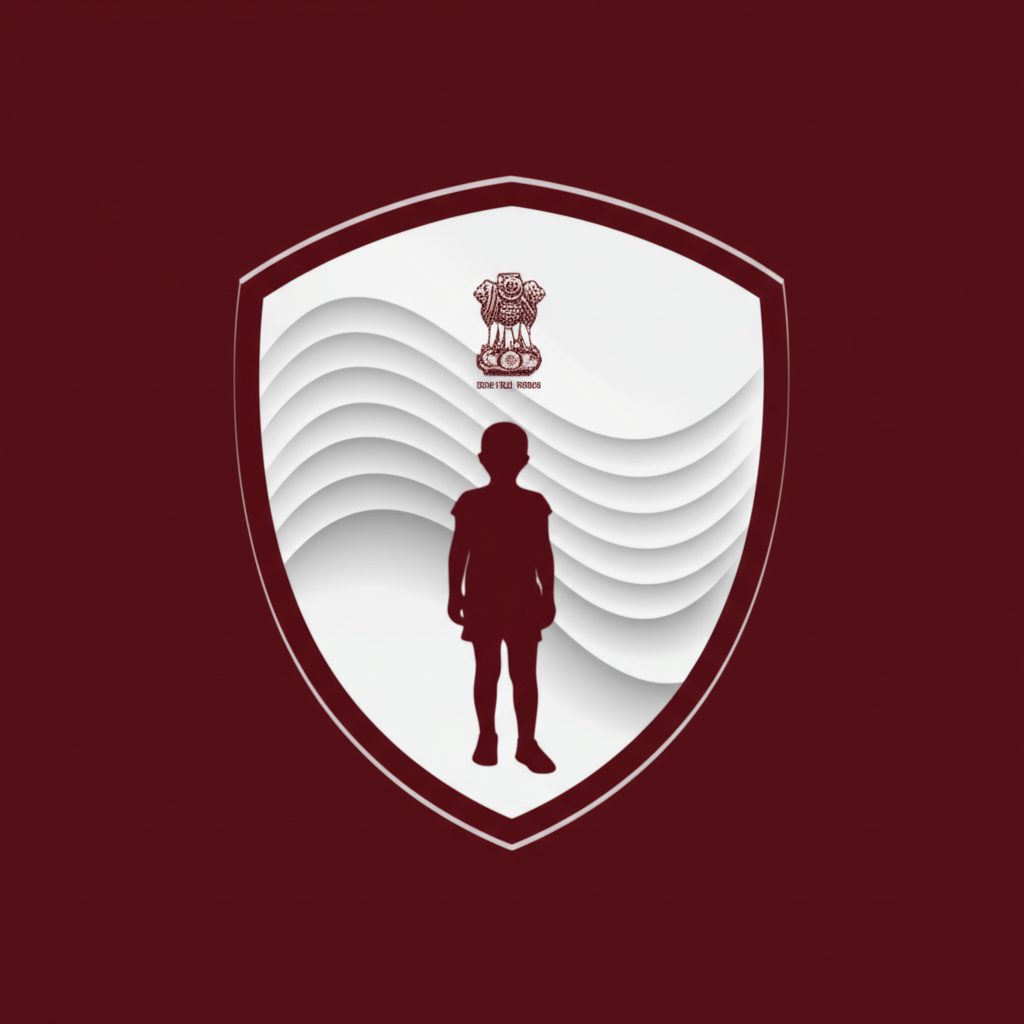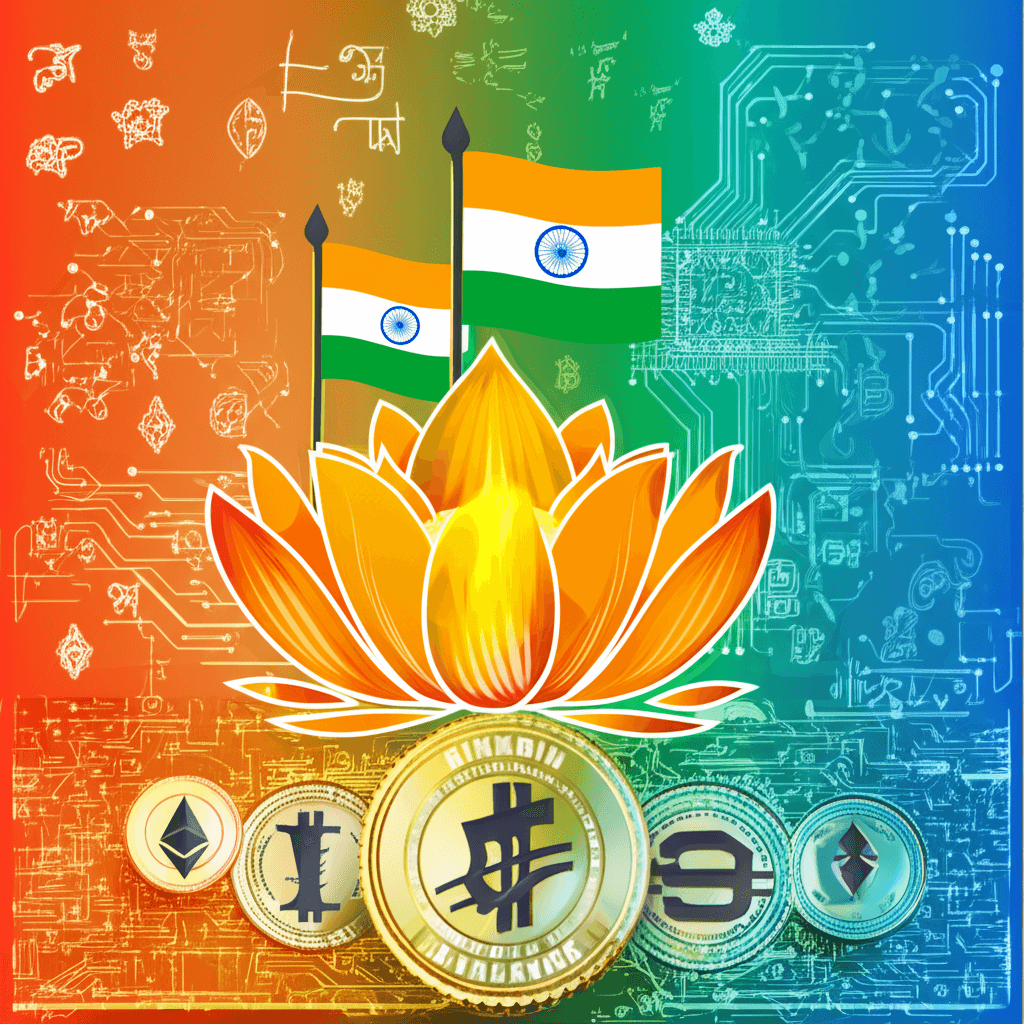Child sexual abuse remains one of the gravest social evils, demanding stringent legal mechanisms and societal awareness for effective prevention and punishment. In India, the Protection of Children from Sexual Offences (POCSO) Act, 2012, stands as a landmark legislation aimed at safeguarding children from sexual crimes, ensuring justice, and providing a child-friendly judicial process. This blog explores the multifaceted dimensions of the POCSO Act—its background, key provisions, challenges, and ongoing relevance in the fight against child sexual abuse.
What is the POCSO Act?
The POCSO Act was enacted in 2012 as a specialized law to protect children (defined as individuals under 18 years of age) from sexual offences like assault, harassment, and exploitation through pornography. This gender-neutral legislation was designed to define, criminalize, and punish various forms of sexual abuse, including penetrative and aggravated assaults. It also provides a protective legal environment that ensures the child’s best interests and dignity throughout the legal process.
Why Was the POCSO Act Needed?
Child sexual abuse is a pervasive problem in India, often underreported due to societal stigma, fear, and lack of child-friendly reporting and judicial mechanisms. Prior laws were considered insufficient to address the specific vulnerabilities of children. The POCSO Act was introduced to:
– Provide a comprehensive framework covering all forms of sexual abuse against children. – Impose stringent penalties, with life imprisonment and in extreme cases, the death penalty. – Mandate reporting of offences, making failure to report punishable. – Ensure legal processes are sensitive to children’s psychological and emotional needs throughout investigation and trial.
Key Offences Under POCSO
The Act outlines multiple offences with graded severity, including:
– Penetrative Sexual Assault: Insertion of body parts/objects into a child’s vagina, anus, or mouth. – Sexual Assault: Non-penetrative acts of sexual touching or molestation. – Sexual Harassment: Acts such as making sexually colored remarks, gestures, or following a child with suggestive intent. – Child Pornography: Using or recording children for pornographic content. – Aggravated forms: Offences committed by persons in positions of authority or trust, or where the child suffers mental illness, attract enhanced punishments.
Importantly, the Act criminalizes not only the act but also abetment and failure to report sexual offences.
Unique Features: Child-Friendly Justice
One of the Act’s most commendable features is the emphasis on child-centric procedures:
– Special Courts: Designated courts conduct trials swiftly and sensitively. – In-camera Trials: Proceedings occur in private to protect the child’s identity. – Recording of Evidence: Testimony is recorded in a manner that minimizes trauma. – Confidentiality: Courts ensure the child’s identity is not disclosed publicly. – Compensation Provision: Courts can award compensation for medical treatment and rehabilitation of victims.
These provisions aim to minimize re-victimization and support the child’s recovery.
Amendments and Increased Stringency
In 2019, the POCSO Act was amended to intensify punishments, raising the minimum sentence for penetrative sexual assault from 7 to 10 years, and increasing maximum penalties, including life imprisonment and the possibility of the death penalty for aggravated offences involving children under 16 years old.
Challenges in Implementation
Despite its robust framework, the POCSO Act faces challenges, such as:
– Underreporting: Fear, societal bias, and lack of awareness often prevent reporting. – Investigation Delays: Sensitivity and training of police and judicial officers need improvement. – Social Stigma: Victims and their families often suffer ostracization. – Awareness Gaps: Many institutions like schools are not fully compliant with POCSO’s mandate.
Addressing these requires stronger awareness campaigns, capacity building among stakeholders, and community engagement.
How You Can Help and Protect Children
– Mandatory Reporting: Anyone aware of child sexual abuse must report it to authorities or child helplines like 1098. – Education and Awareness: Encourage child safety education at home and schools. – Support Victims: Empathize and assist affected children through counseling and rehabilitation. – Stay Informed: Understand the legal provisions and rights under the POCSO Act to support enforcement.
Conclusion
The POCSO Act marks a paradigm shift in India’s legal approach to combatting child sexual abuse. By framing clear offences, ensuring speedy trials, and prioritizing the child’s psychological welfare, it remains a vital tool for justice. Yet, laws alone cannot eradicate this menace; collective societal responsibility and vigilant enforcement are critical to truly protecting children from sexual offences in India.
For more detailed information on the POCSO Act, legal guidelines, and reporting procedures, visit the official government portal or trusted legal resources.
Empower yourself with knowledge, stand against child abuse, and be a part of the change.







